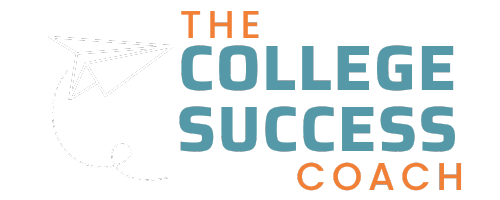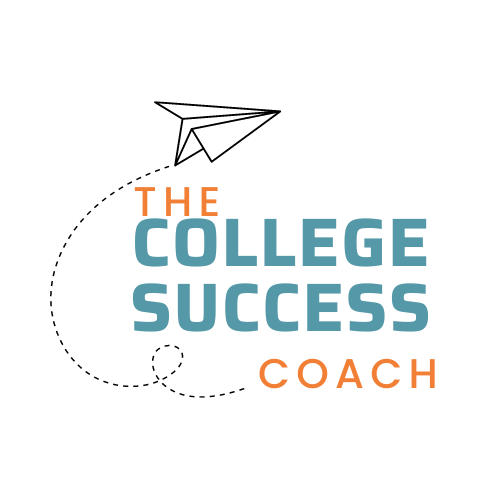Study Skills for College Freshmen: 7 Habits That Actually Work
Starting college is exciting, overwhelming, and full of unknowns. For many first-year students, the biggest challenge isn’t making friends or finding the dining hall—it’s figuring out how to study effectively in a completely new environment. High school habits don’t always cut it in college, which is why learning strong study skills for college freshmen can make all the difference. Whether you’re a student hoping to succeed or a parent wanting to support your child, the good news is that these habits actually work.
Why Study Skills Matter More in College
College brings freedom, but with freedom comes responsibility. In high school, teachers often reminded students about assignments or gave review sheets before tests. In college, professors expect students to manage deadlines and prepare on their own. Without a plan, it’s easy to fall behind.
Developing solid study skills for college freshmen isn’t just about chasing grades. It’s about reducing stress, building confidence, and creating a strong foundation for future semesters. Students who establish these skills early usually find they have more free time, less anxiety, and better results.
1. Master Time Management

One of the most essential study skills for college freshmen is time management. With multiple classes, assignments, and social commitments, students need a reliable way to organize their days. Using a planner, digital calendar, or apps like Google Calendar helps map out deadlines and study blocks.
Breaking larger projects into smaller, manageable steps prevents overwhelm. Instead of cramming for a midterm the night before, reviewing notes for 20 minutes each day builds knowledge steadily and reduces panic.
2. Use Active Learning Strategies
Rereading notes or highlighting textbooks isn’t enough. Students should engage with material through active recall, self-quizzing, or teaching concepts to someone else. Research from Cornell University’s Center for Teaching Innovation shows that active learning improves comprehension and retention far more than passive review.
Study groups, flashcards, and even explaining key concepts aloud can transform information into real understanding.
3. Take Better Notes
Effective notes are a lifeline during exams. Students should experiment with approaches like the Cornell method, mind mapping, or digital notes in apps such as OneNote or Notion. Organized notes save hours later and reinforce learning during class.
Parents can encourage their student to summarize one class each day. This strengthens recall and provides a natural chance to talk through confusing material.
4. Choose the Right Study Environment

Where you study matters as much as how you study. Some students thrive in a quiet library, while others focus better in a coffee shop. Finding a space free from major distractions is key. For many freshmen, this means leaving the dorm room, where friends and streaming services constantly compete for attention.
A consistent study environment signals the brain that it’s time to focus, which makes every session more productive.
5. Balance Work and Rest
Many first-year students believe they need to study nonstop to succeed. In reality, rest, nutrition, and movement are just as important as hitting the books. Taking short breaks, aiming for 7–8 hours of sleep, and exercising a few times a week boost focus and memory.
Students who integrate self-care into their study skills for college freshmen avoid burnout and perform at a higher level.
6. Ask for Help Early
Another habit that actually works is knowing when to reach out for support. Most campuses offer tutoring centers, writing labs, and professor office hours. Too often, freshmen wait until it’s too late. Learning to ask for help when concepts are unclear is a powerful skill.
Parents can remind their student that seeking resources isn’t weakness—it’s wisdom. And for some students, a coach outside the university can provide personalized guidance to stay on track.
7. Reflect and Adjust Regularly

Finally, one of the most overlooked study skills for college freshmen is reflection. At the end of each week, students should ask themselves: What worked? What didn’t? What will I do differently? This simple check-in encourages growth and flexibility.
Freshmen who practice reflection build self-awareness and can adapt their strategies for different classes, professors, and workloads.
How Parents Can Support These Habits
Parents can play a crucial supporting role without micromanaging. Asking open-ended questions like, “What’s your study plan this week?” encourages accountability while letting students own their routines.
You can also point them toward resources like coaching programs. Sometimes a small amount of external support is all it takes for a student to feel capable and confident. At The College Success Coach, we’ve seen how guidance paired with structure helps students study smarter and find balance.
Building Skills That Last Beyond Freshman Year

Strong study skills for college freshmen are not just for the first year—they’re the foundation for long-term success. Time management, active learning, and reflection are transferable skills that matter as much in the workplace as they do in the classroom.
By mastering these habits now, students prepare themselves for more than just exams; they’re learning how to thrive in life.
Additional Resources
If you’d like more strategies, you’ll find plenty of helpful reads on the blog. For example, students struggling to juggle academics and personal life will benefit from the article on time management tips. Parents who want to better understand how to guide without controlling may appreciate navigating college majors.
These resources build on the foundation of study skills for college freshmen and show how academic success connects with bigger life choices.
Final Thoughts
The transition to college can feel daunting, but it doesn’t have to be. By focusing on these seven habits, freshmen can set themselves up for confidence and success. Mastering study skills for college freshmen is about more than passing exams—it’s about building independence, managing stress, and creating a meaningful college experience.
And if the journey feels overwhelming, know that support is available. Sometimes, all it takes is a little coaching and encouragement to help students see that they’re more capable than they realize.






0 Comments